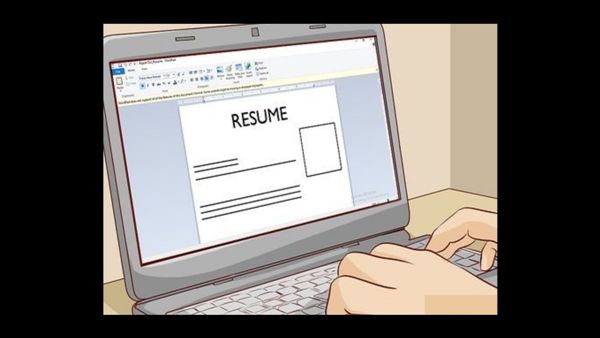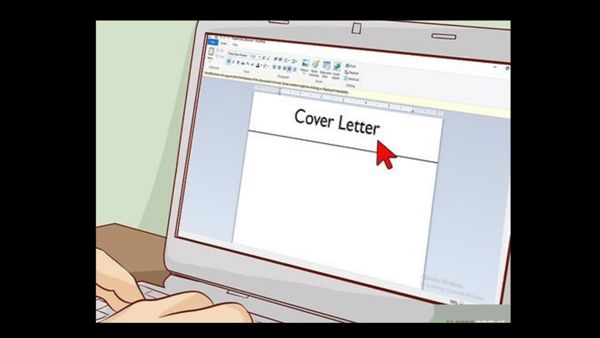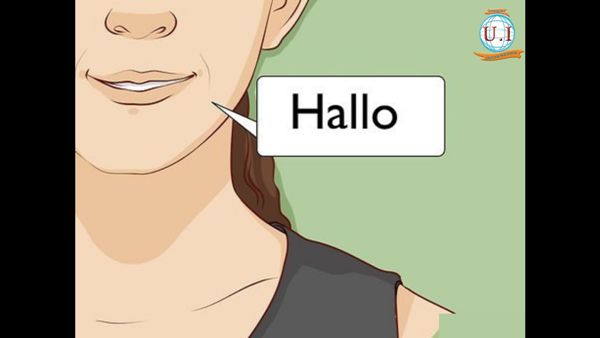How to find a job in the Netherlands
Finding a job outside your home country can be fun and exciting, especially if you've always wanted to live somewhere else. The Netherlands is one of the highest-earning countries in the world, so it is a beautiful place to work. If you want to join Dutch, all you need to do is look for a job opportunity, make sure your employer can sponsor you, and submit an application for a permit. After that, you too can be working in the Netherlands in no time.
Search for jobs on the European Employment Service website.
EURES provides a portal to available jobs in the European Economic Area, as well as legal advice and CV assistance. If you don't have a job in mind, use this tool to help you find a job. Click here to go to the EURES website: https://ec.europa.eu/eures/eures-searchengine/page/main
Read Dutch newspapers for listings.
There are jobs in the Netherlands in several newspapers, such as The Telegraph, The Aid, and NRC which are posted regularly. These jobs will mostly be in senior positions that are related to international companies, so look for them only if you have the qualifications to apply.
Find employers who may be able to sponsor you.
To work in the Netherlands, you will need to be sponsored by your employer. This means they have to contact the immigration office and tell them they want you to live in the Netherlands to work. You can click on this link to find a list of recognized sponsors in the Netherlands:
Most employers do not mind being contacted directly by foreigners to inquire about employment, even if they are not explicitly hiring.
Find out if you have highly skilled workers to expedite your process.
The highly skilled workers are people like engineers, IT specialists, salespeople, and marketing specialists. To qualify as a highly-skilled worker (also known as a knowledge worker), you have to pay at least €4,500 if you are over 30 years old, and €4,500 if you are under 30. At least €3,299 per month has to be done. A potential employer will be able to tell you if they are able to fast-track your residence and work permit as a highly-skilled employee.
If your salary is in another currency, you can use this exchange rate calculator to find out how much you earn in Euros: https://www.x-rates.com/calculator/
Create a CV to submit to potential employers.
In the Netherlands, employers do not take resumes, but instead, take curriculum vitae or CVs. CV is a compilation of your achievements, experiences, and educational history. They are usually more detailed than a resume and are a bit more personal.
If this is a Dutch-speaking company, write your cover letter in Dutch.
If the company you are applying for for speaks mostly Dutch in its offices, it is polite to write your cover letter in Dutch. You can find out whether they speak Dutch or English by seeing which language is used on their website.
If Dutch is not your first language, you should check your grammar and spelling very carefully before submitting your cover letter.
Emphasize your international experience.
International experience is very valuable to employers. If you have worked in more than one country, be sure to emphasize your CV, and state how valuable this experience will be to the company you are applying for.
Even if you have lived and worked in only one country, if it is outside the Netherlands, it is still considered an international experience.
Learn Dutch to increase your chances of getting hired
The Netherlands is very internationally oriented, but the language of the nation is still officially Dutch. Being fluent in English will go a long way in your application, but you also need to be fluent in Dutch so that you can speak to most of the people who live there.
The professional you talk to will probably know English, but it's polite to at least know keywords and phrases in Dutch, such as "hello" (hello), "Ik heat ___" (my name ___), "ja" (yes), and "ni" (no).
Dress formally for a personal interview
People who work in the Netherlands are notorious for dressing casually, but you should honor an interview by dressing formally. Wear something business casual to an interview unless it is for a very high position. In such a situation, you can wear a full business dress.
Treat an online interview like an individual.
If you are not living in the Netherlands at the time of applying, your interview can take place online via a video messaging app. If your interview is online, be prepared for it formally and make sure you have a clean background.
Try to conduct your interview in a quiet place with good lighting so that your interviewer can see and hear you clearly. It can be helpful to video call a friend a little before the interview so you can double-check that everything looks great on your end.
Learn how to pronounce your interviewer's name.
If Dutch isn't your first language, you may have difficulty pronouncing a Dutch name based on its spelling. Ask the company receptionist how to pronounce it. If you don't know how to pronounce it by the time you interview, keep calling your interviewer with sir/ma'am.
Apply for an Entry Permit (MVV) unless you are exempt.
Depending on where you live now, you may need to apply for an entry permit to enter the Netherlands. You must apply for this permit before leaving your country. You can apply for both your MVV and residence permit in a single application.
Apply for a Single Permit if you are working for more than 90 days.
If you plan to live and work in the Netherlands for more than 90 days, you will need to apply for a single permit. This permit gives you both a work permit and a residence permit, and it is the most common one that people apply for.
If you are a highly skilled worker, have your employer submit a residency application.
If you qualify, employers can submit a fast-track residency application before you relocate. Contact your employer with your permit request and ask them to submit a form through the Netherlands Immigration Office. After they submit it, your permit should be processed within 2 weeks.
- If you are a highly skilled worker, you will not need to obtain a work permit, only a residence permit.
- You will also be assigned a Citizen Service Number once your application is processed.
















1 Comments
This is a best blog for job related information.
ReplyDelete